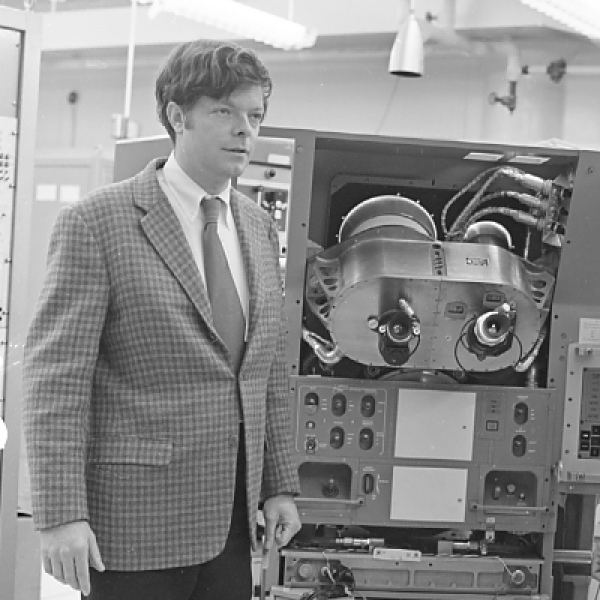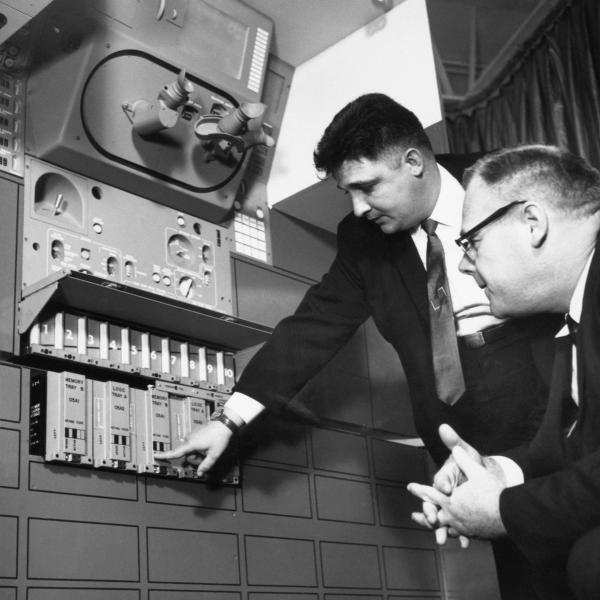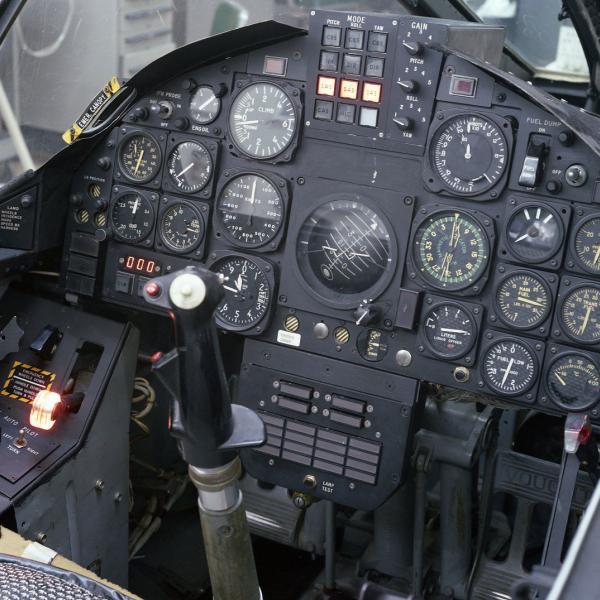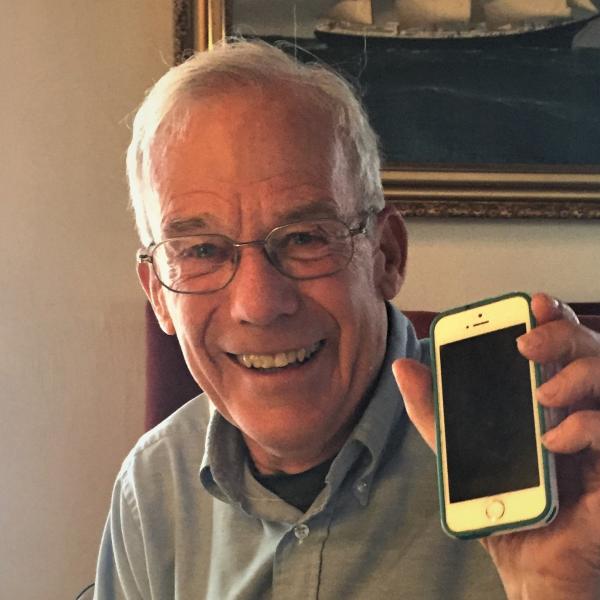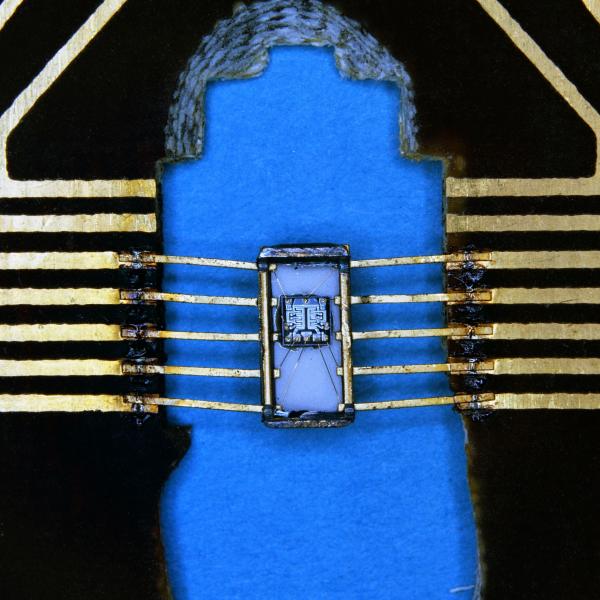
In Their Own Words: Don Fraser on Digital Control
Don Fraser is an engineer who worked in programming, flight control, and computer science at Draper during the Apollo Project.
"My name is Don Fraser. I started working at what was the MIT instrumentation laboratory in 1962. I worked two years for the Navy programs and then moved to the Apollo program in 1964 and until I worked on the flight controls designed for the thrust vector control for the service module. It's the most exciting programming on the planet. And I'm already here, I know the people, I love the working with these people. So I stayed and became a full time professional staff in 1966. And in 1969, after we landed on the moon, a lot of our leadership left and I became the head of the flight control design team and stayed in that position throughout the rest of the Apollo program.
But, you know, we were all geeks. We had fun doing what were we doing. It starts with, I believe, in the leadership.
So the job I had when I first came was to do the analysis and simulation to see whether or not we could put to it using a digital computer instead of analog electronics control the engine on the service module. Instead of using the analog electronics we would use the software in a computer which weighed zero. So the output from the Apollo guidance computer would then go through a digital analog converter and control the rocket engine.
The software that we developed to control these vehicles, you know, control consisted of all the vehicles, it was the command module, the lunar module, and the combinations of those things that had never been done with a digital computer up to that point in time. It was what is today called a digital fly by wire system. There was a digital computer. If the astronaut wanted to command the spacecraft to go somewhere, his command with a stick went to the computer, not to any surface, or rocket, or reaction jet, it went to the computer and then the computer processed it and sent it to wherever it should go.
Did the software in Apollo effect things that came later? Absolutely. It was the beginning of digital control. If you fly on a modern airliner today that the latest generation is like the 787. That's what happens there. But that did not happen until decades later. So it was the very first time it was done."
